Entry Category: State
 Gay White
Gay White
 Gay White on AETN
Gay White on AETN
 First Lady Gay White
First Lady Gay White
White, Gay Daniels
Wilson, Billy Roy
 Winding Staircase
Winding Staircase
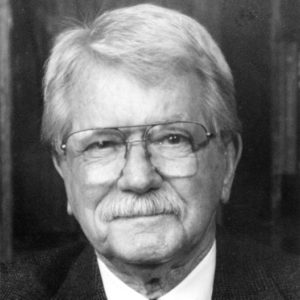 Gus Wingfield
Gus Wingfield
Wingfield, James Gus
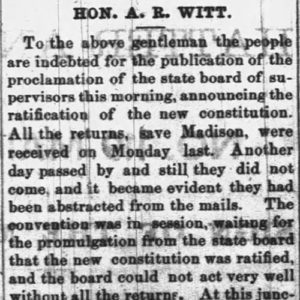 Allen Rufus Witt Story
Allen Rufus Witt Story
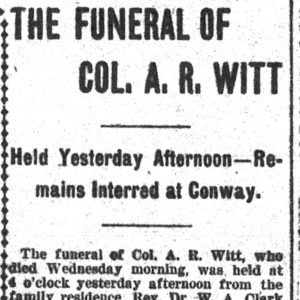 Allen Rufus Witt Death
Allen Rufus Witt Death
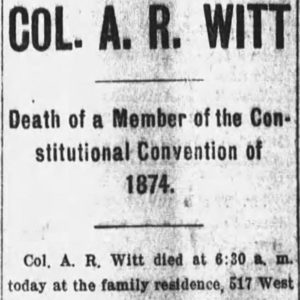 Allen Rufus Witt Death
Allen Rufus Witt Death
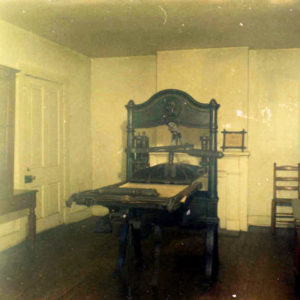 Woodruff Printing Press
Woodruff Printing Press
Woodward, John Wesley
Yell, Archibald
Yell, James
Yonley, Thomas D. W.
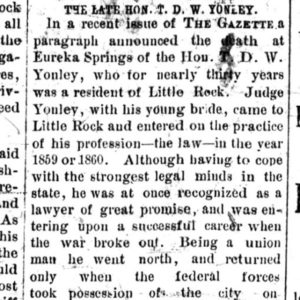 Thomas D. W. Yonley Death Announcement
Thomas D. W. Yonley Death Announcement




